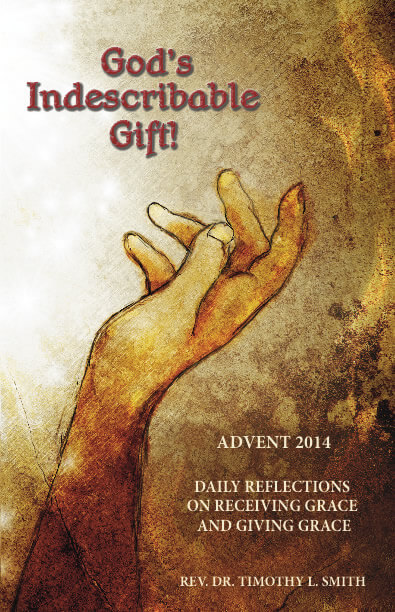
II Corinthians 8:9
It’s a delectable parable of grace, Danish writer Isak Dinesen’s short story, Babette’s Feast. Later made into a film that won the 1987 Oscar for Best Foreign Language Film, it narrates a story of how grace costs everything for the giver and nothing for the receiver. The story opens in a small, impoverished village on the remote coast of Denmark in the 1880’s. We see two aging maiden sisters provide leadership for a stern religious sect founded by their dead pastor-father many years earlier. The stern group has dwindled to eleven elderly, bitter, self-righteous people filled with pride and mistrust. The sisters take in a French woman named Babette, who is a refugee from one of the revolutions fracturing France. Babette has fallen on hard times, but turns out to be a marvelous cook. She works for the sisters for 14 years when she happens to come into some money from back home.
Rather than using her windfall to return to Paris and her lost life, Babette decides to spend her money on providing a “real French dinner” for the sisters and their little congregation. She imports exotic foods that the people have never heard of, or else thought too worldly for good Christian people to eat. She buys fine French wines and the finest china and crystal for serving up the feast. Babette gave all that she had to serve such a fabulous feast that at first seemed wasted on such an unappreciative cabal of cranky killjoys. And yet, as grace can do, Babette’s feast had a transforming effect on the people. With eyes newly opened, a visiting dignitary addressed the grim-faced parishioners gathered around Babette’s sumptuous feast:
“We have all of us been told that grace is to be found in the universe. But in our human foolishness and short-sightedness we imagine divine grace to be finite….But the moment comes when our eyes are opened, and we see and realize that grace is infinite. Grace, my friends, demands nothing from us but that we shall await it with confidence and acknowledge it in gratitude. Grace, brothers, makes no conditions and singles out none of us in particular; grace takes us all to its bosom and proclaims general amnesty. See! That which we have chosen is given us, and that which we have refused is, also and at the same time, granted us.”
Jesus as well took pleasure in telling parables of grace and extravagant over-the-top kindness. Costly for the giver, but free for the receiver! There was Jesus’ story about the householder who threw a lavish party, sending out his servants into the highways and byways bringing in the “poor, the crippled, the blind, and the lame” (Luke 14:15-24). Jesus told about an eccentric landowner, who operating by his own economy of grace, rewarded those who worked for him but an hour, as though they had worked for him a full day (Matthew 20:1-16). And who can forget the adoring father humiliated by his squandering, no count son, but he welcomes home his prodigal with a grand feast of celebration (Luke 15:11-32). In these and other stories about God’s kingdom of grace, the word ‘deserve’ never comes up!
Jesus’ free, extravagant kindness angered religious rule keepers who put the emphasis on earning and deserving. He revealed a relationship with His own Abba Father grounded in grace rather than in trying to measure up. Instead of saying to us, “Be good!” Jesus says, “Let me love you!” He replaced obedience driven by guilt and fear with obedience motivated by thankfulness and joy. I agree with Anne Lamott, writing in Traveling Mercies, when she exclaims, “I do not understand the mystery of grace – only that it meets us where we are but does not leave us where it found us.”
REFLECTION
- While many people say that they believe in God’s grace they are nevertheless driven by guilt and fear. Do you think that your life is grounded in grace or in trying to measure up?
- The visiting dignitary at Babette’s feast said, “grace… demands nothing from us but that we await it with confidence and acknowledge it with gratitude”. Do you live in that “confidence” and “gratitude”? Take a few moments to talk to God about your answer.



